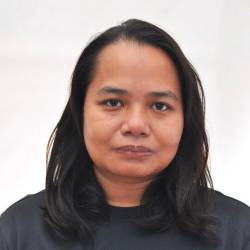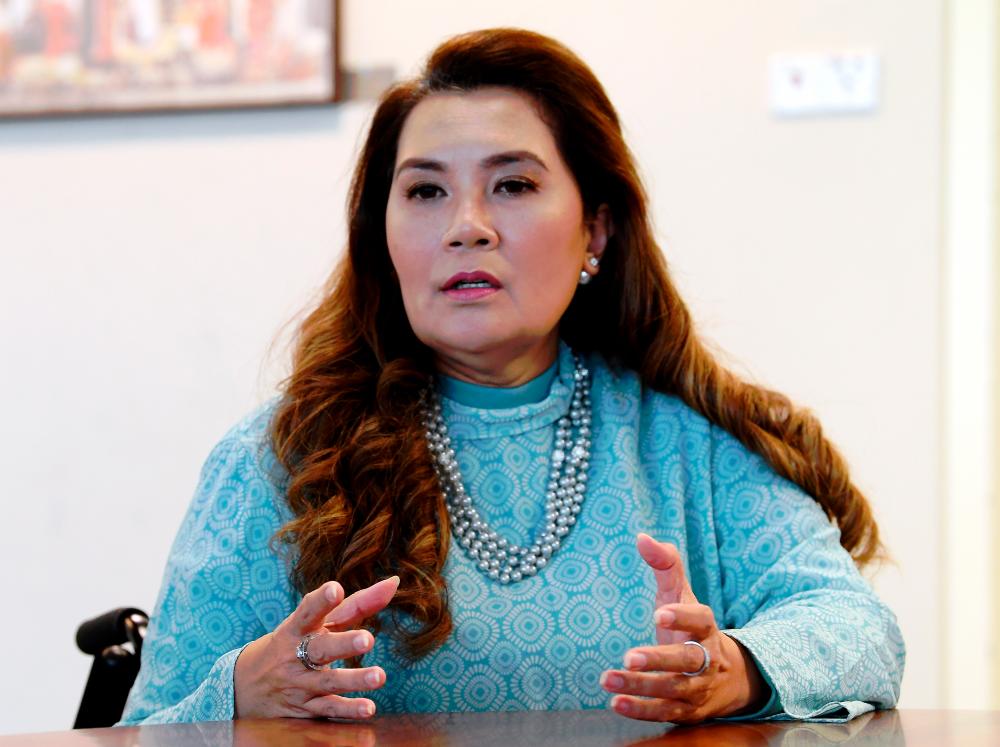PETALING JAYA: Malaysia urgently needs to have a broader education system and more educators with specialised training for children and young adults with special needs.
On top of that, the system and educators should also be using the best quality tools and make learning fun and engaging for students, said OKU Sentral president and co-founder Senator Datuk Ras Adiba Radzi.
She made the call in her opening speech during yesterday’s online Special Education Needs Symposium 2022, with its theme “Innovation in Special Education Needs – A Reality Check and Way Forward”, organised for the second time by Kiwanis Malaysia Academy.
She said special education is important for children with learning disabilities because it allows them to obtain quality education that is in line with their unique needs.
“Special education enables every student to gain a high level of independence and reach their full potential. Schools must have a clear vision of what inclusivity looks like.
“They must create environments (in which) children feel respected across the board, teachers take responsibility for all the children, and the school itself goes beyond just schooling to develop a community which understand the importance of supporting one another.”
She also said learning institutions should focus on science, technology, engineering and mathematics (STEM) subjects to empower young persons with disabilities (PwD).
“Despite high unemployment and underemployment of autistic adults, more than a third of students on the autism spectrum disorder end up picking STEM majors, which often require a mix of hard and soft skills.
“Innovations for children with print disabilities (should include) innovative solutions, teaching and learning materials for children who are blind or have poor vision, deaf or hard of hearing. This can help education implementers make informed decisions on how to support the literacy and learning needs of children with disabilities,” she said.
Ras Adiba added that many children with autistic conditions struggle with the social aspect of traditional teaching. Therefore, special education schools and institutions are looking for new ways to address teaching. Similarly, robots can help children with learning difficulties, disabilities and autism.
“Innovative technologies such as robots are increasing in demand for helping learners with autism or other special educational needs. As the students learn to have face-to-face interactions with a robot, it is easier for them to share their social space with other humans.
“This helps them to engage in more communication with those who are operating the robots.”
She said every child has the right to the same opportunities as others, regardless of the difficulties they face.
Ras Adiba also urged publishers to explore mechanisms to optimise the production and promotion of accessible and high-quality children’s books, aside from selling them at affordable prices.
As of Aug 31, only 619,273 Malaysians with disabilities, or 1.89% of the population, were registered with the Social Welfare Department. Of the number, 226,381 have learning disabilities, she said.
Also present at the symposium was Prof Dr Abtar Darshan Singh from Asia Pacific University, who is the appointed Unesco Chair on Harnessing Innovations in Technology to Support Teachers and Quality Learning.
There were 16 speakers comprising academicians, practitioners in special education needs, parents and advocates who participated in four key subjects – autism, Down’s Syndrome, dyslexia and issues related to people with disabilities.











